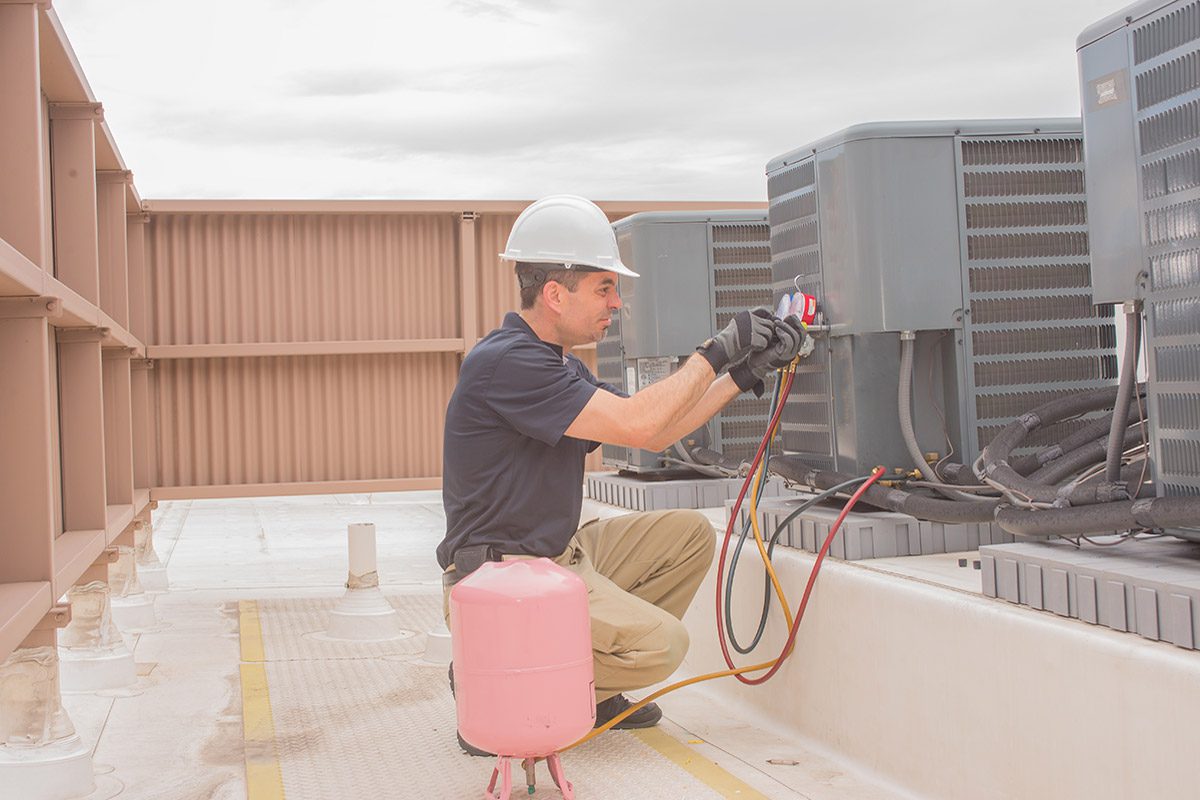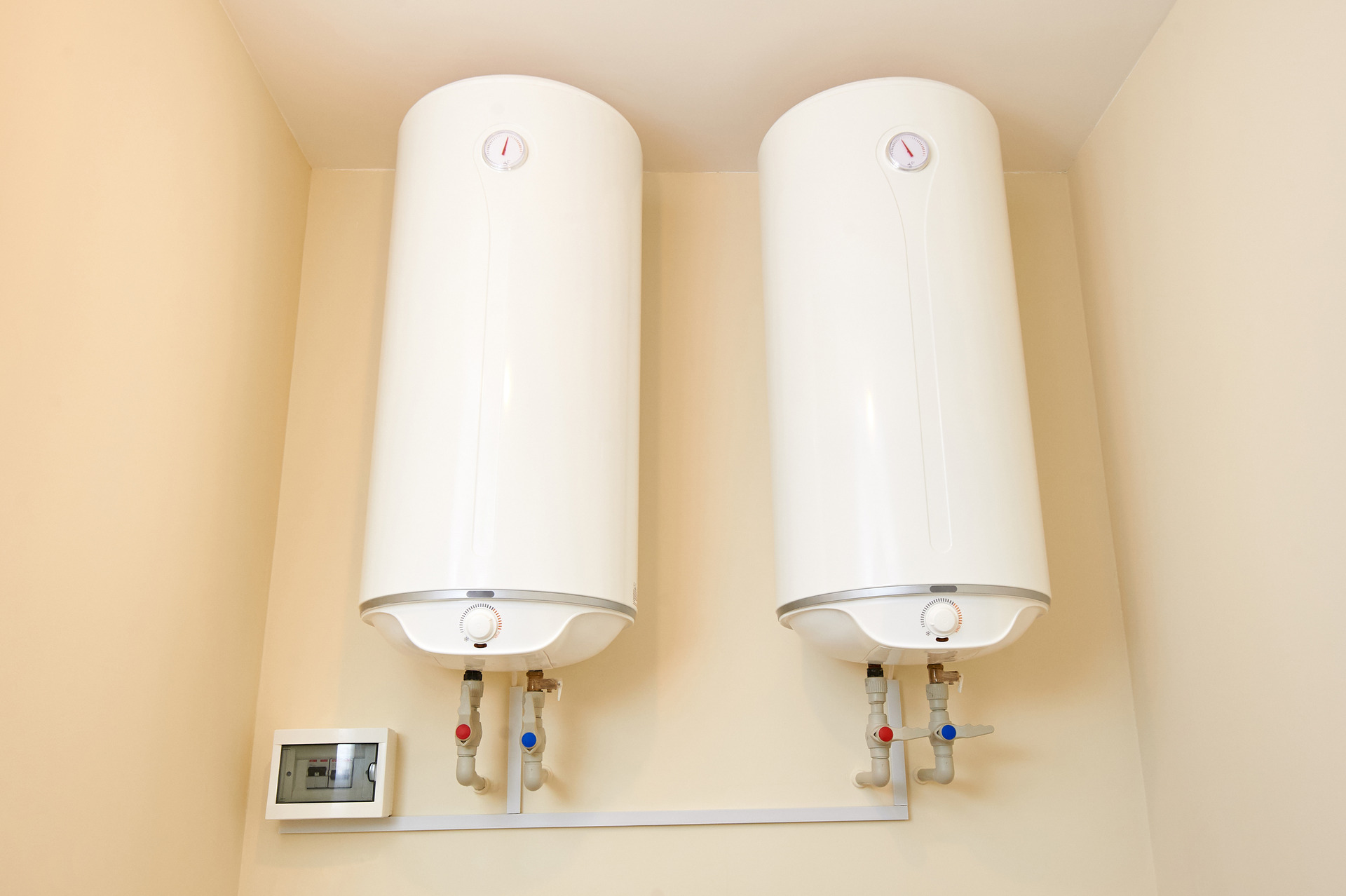Are you contemplating the best water heater for your home?
The choice boils down to two primary options: tank and tankless water heaters.
Understanding their differences can greatly impact your comfort, energy bills, and the environment.
This article examines the features, benefits, and drawbacks of each type to help you make a good decision.
What Are Tank Water Heaters?
Tank water heaters, also known as storage water heaters, are the more traditional type and feature a large reservoir that holds and heats a fixed amount of water.
The heated water can then be used on-demand until the tank runs out, at which point it will need time to replenish.
Key Features
Capacity: Tank water heaters commonly range from 20 to 80 gallons.
Heat Source: They can be powered by electricity, natural gas, propane, or other fuel sources.
Size: These units are usually large and require significant space for installation.
Benefits of Tank Water Heaters
Lower Initial Cost: Tank water heaters are generally less expensive to purchase and install compared to tankless systems.
Simplicity: Their operation is straightforward, making them easier to maintain and repair.
Hot Water Availability: When appropriately sized, a tank heater ensures immediate hot water availability for multiple uses.
Drawbacks of Tank Water Heaters
Energy Efficiency: Tank heaters constantly maintain the water temperature, leading to higher energy consumption.
Limited Supply: Once the hot water in the tank is depleted, you need to wait for it to reheat, which can be inconvenient.
Space Requirements: The large size of the tank can take up considerable space, making it unsuitable for smaller homes.
What Are Tankless Water Heaters?
Tankless water heaters, also known as on-demand water heaters, provide hot water only as needed.
They heat water directly without storing it in a tank.
Key Features
Instant Heating: Water is heated as it passes through the unit, providing an endless supply of hot water.
Compact Size: These units are significantly smaller and can be installed in various locations, even on walls.
Heat Source: Like tank heaters, tankless units can be powered by electricity, natural gas, or propane.
Benefits of Tankless Water Heaters
Energy Efficiency: Since they only heat water when needed, tankless heaters are much more energy-efficient.
Unlimited Hot Water: You won’t run out of hot water, making them ideal for larger families or high-demand situations.
Space-Saving: Their compact size frees up space, which is particularly beneficial for smaller homes.
Drawbacks of Tankless Water Heaters
Higher Initial Cost: The upfront cost of purchasing and installing a tankless water heater is generally higher than that of a tank heater.
Complexity: These units can be more complicated to install and may require modifications to existing plumbing or electrical systems.
Flow Rate Limitations: While they provide continuous hot water, tankless units may struggle to supply hot water to multiple outlets simultaneously.
Which One Is the Right Choice for You?
When deciding between a tank and a tankless water heater, various factors come into play.
Budget Considerations
If you have a limited budget, a tank water heater could be the more viable option due to its lower purchase and installation costs.
However, it’s essential to consider long-term operating costs that may offset the initial savings.
Household Size and Usage
For smaller households with lower hot water demands, a tank heater might be sufficient.
Conversely, larger families or homes with high hot water usage may benefit from the continuous supply offered by tankless systems.
Space Constraints
If space is at a premium in your home, a tankless water heater’s compact size can be a significant advantage.
Energy Efficiency
For those focused on energy efficiency and reducing utility bills, a tankless water heater is generally the better choice due to its on-demand heating system.
Environmental Impact
In terms of environmental impact, tankless water heaters are more eco-friendly, as they consume less energy.
This reduced energy consumption translates to lower greenhouse gas emissions.
Installation and Maintenance
Installation Costs and Complexity
Tank water heaters are usually easier and cheaper to install.
However, replacing an existing tank heater with a tankless system can involve additional costs and complexity, such as upgrading your home’s electrical or gas systems.
Maintenance
Both types require regular maintenance for optimal performance.
Tank heaters need periodic flushing to remove sediment buildup, while tankless units require attention to their heat exchangers and filters.
Pros and Cons at a Glance
| Feature | Tank Water Heater | Tankless Water Heater |
| Initial Cost | Lower | Higher |
| Operational Cost | Higher | Lower |
| Space Requirement | More | Less |
| Hot Water Availability | Finite (depends on tank size) | Continuous |
| Energy Efficiency | Lower | Higher |
| Maintenance Needs | Regular flushing needed | Heat exchanger/filter maintenance needed |
| Environmental Impact | Higher energy consumption | Lower energy consumption |
Conclusion
Choosing between a tank and a tankless water heater is a significant decision that depends on various factors, including your budget, space, and hot water demands.
Both types have their own sets of advantages and disadvantages.
While tank water heaters are more budget-friendly initially, tankless water heaters offer greater energy efficiency and endless hot water supply.
By carefully considering your home’s specific needs, you can select the most suitable water heater system and enjoy the benefits for years to come.











